January 3 stands as one of history’s most eventful days, witnessing the rise and fall of empires, groundbreaking discoveries, and moments that shaped our modern world across centuries of human achievement.
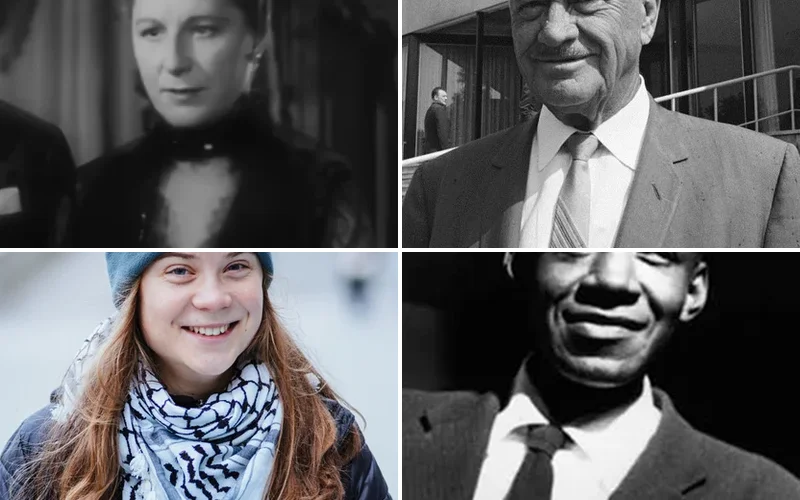
Politics and Government Events on January 3
1959 – Alaska Becomes 49th U.S. State
The United States expanded its borders by officially admitting Alaska as the 49th state on this historic date. The vast territory transformed from Russian possession to American territory to full statehood.
Congressional debates had raged for years over Alaska’s strategic value and economic potential. The admission ceremony marked the culmination of decades of political maneuvering and territorial development.
1961 – United States Severs Diplomatic Relations with Cuba
The Cold War reached a critical juncture when America officially cut all diplomatic ties with Cuba. Economic sanctions and political tensions had escalated between the two nations throughout the previous year.
President Eisenhower’s administration took this dramatic step just days before leaving office. The decision would define U.S.-Cuban relations for decades to come.
1933 – First Female House Speaker Elected
Minnie D. Craig shattered political barriers by becoming the first woman elected as Speaker of the North Dakota House of Representatives. Her historic victory marked a pioneering moment in American women’s political participation.
Craig’s election represented the first time any woman had held a Speaker position anywhere in the United States. Her leadership opened doors for future generations of women in political office.
1953 – Mother and Son Serve Together in Congress
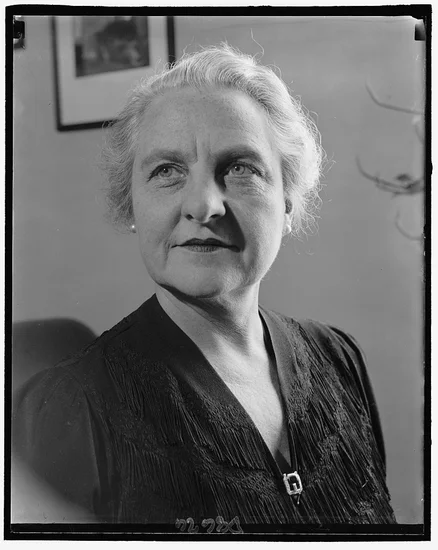
Frances P. Bolton and her son Oliver from Ohio achieved a remarkable political milestone by serving simultaneously in the U.S. Congress. Their dual service represented an unprecedented family achievement in American legislative history.
The Bolton family’s political dynasty demonstrated how public service could span generations. Their concurrent terms highlighted the growing influence of political families in American governance.
1961 – Angolan War of Independence Begins
A peaceful protest by agricultural workers in Baixa de Cassanje transformed into a violent revolt against Portuguese colonial rule. The uprising marked the beginning of the Angolan War of Independence.
Portuguese authorities responded with brutal force to suppress the rebellion. This conflict would become the first of the Portuguese Colonial Wars spanning over a decade.
2016 – Iran Ends Diplomatic Relations with Saudi Arabia
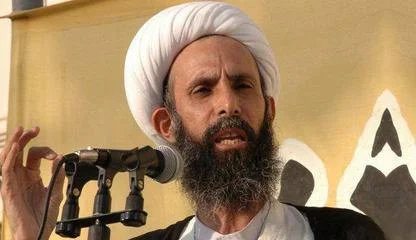
Tensions between Iran and Saudi Arabia reached a breaking point following the execution of Nimr al-Nimr. Iran’s government severed all diplomatic relations with the Kingdom in response to the controversial execution.
The diplomatic crisis escalated regional sectarian tensions throughout the Middle East. Both nations recalled their ambassadors and suspended trade relations indefinitely.
Military and Naval History on January 3
1944 – Major Greg “Pappy” Boyington Shot Down
World War II witnessed a dramatic aerial combat when U.S. flying ace Major Greg “Pappy” Boyington was shot down over the Pacific. Captain Masajiro Kawato flying a Mitsubishi A6M Zero successfully engaged Boyington’s Vought F4U Corsair.
The legendary pilot’s capture marked the end of his remarkable combat career. Boyington would spend the remainder of the war as a prisoner of the Japanese.
1913 – Greece Captures Chios During First Balkan War
Greek forces completed their conquest of the strategic eastern Aegean island of Chios during the First Balkan War. The last Ottoman garrison on the island formally surrendered to advancing Greek troops.
The victory expanded Greek territorial control over crucial Aegean Sea islands. This military success strengthened Greece’s position in ongoing peace negotiations with the Ottoman Empire.
1911 – London Gun Battle Involves Winston Churchill
A deadly gun battle erupted in London’s East End, leaving two people dead and creating political controversy. Home Secretary Winston Churchill’s direct involvement in the incident sparked intense parliamentary debate.
The confrontation raised questions about proper police procedures and ministerial responsibilities. Churchill’s hands-on approach to the crisis drew both criticism and praise from political opponents.
2020 – Iranian General Qasem Soleimani Killed
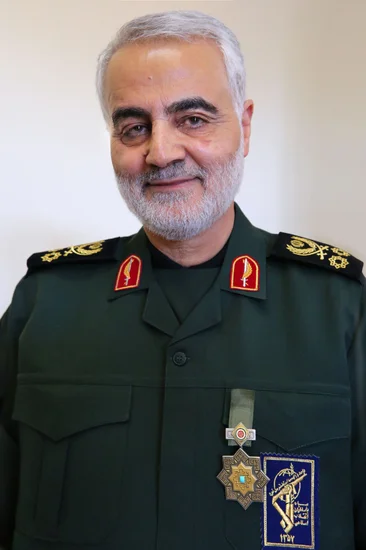
American forces conducted a targeted airstrike near Baghdad International Airport, killing Iranian General Qasem Soleimani. The assassination of the powerful Quds Force commander sent shockwaves throughout the Middle East.
Global leaders expressed concerns about potential armed conflict between Iran and the United States. The strike marked a dramatic escalation in tensions between the two nations.
Science and Discovery Milestones on January 3
1999 – Mars Polar Lander Launched
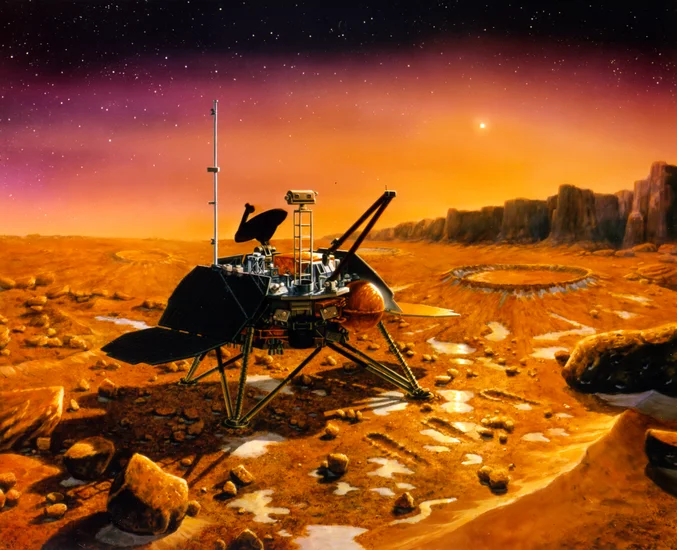
NASA successfully launched the Mars Polar Lander spacecraft, marking another ambitious attempt to explore the Red Planet. The mission aimed to study Martian climate and search for evidence of water ice.
Scientists equipped the lander with sophisticated instruments to analyze soil composition and atmospheric conditions. The ambitious mission represented humanity’s continued efforts to understand our planetary neighbor.
2019 – Chang’e 4 Lands on Moon’s Far Side
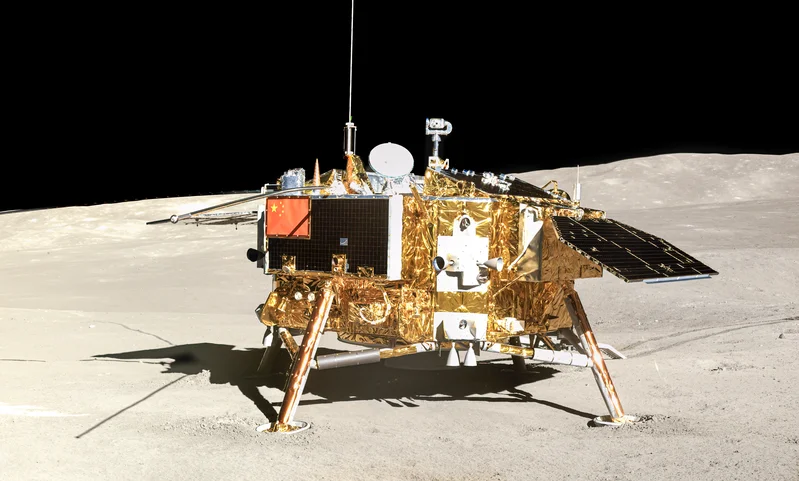
China achieved a historic space exploration milestone by successfully landing Chang’e 4 on the Moon’s far side. The mission deployed the Yutu-2 lunar rover to explore previously uncharted lunar terrain.
This groundbreaking achievement marked the first soft landing on the Moon’s far side in human history. The mission provided unprecedented scientific data about lunar geology and composition.
2009 – Bitcoin Genesis Block Established
The mysterious creator Satoshi Nakamoto established the first block of Bitcoin’s blockchain, known as the Genesis block. This technological milestone launched the world’s first decentralized cryptocurrency system.
The Genesis block contained embedded text referencing banking bailouts, highlighting Bitcoin’s revolutionary potential. This moment marked the beginning of the cryptocurrency revolution that would transform global finance.
1957 – First Electric Watch Introduced
The Hamilton Watch Company revolutionized timekeeping technology by introducing the world’s first electric watch. The innovative timepiece eliminated the need for manual winding through electrical power.
This breakthrough represented a significant advancement in personal timekeeping technology. The electric watch paved the way for future developments in digital and smart watch technology.
Cultural and Arts Events on January 3
1947 – First Televised Congressional Proceedings
American democracy reached a new milestone when proceedings of the U.S. Congress were televised for the first time. The historic broadcast brought legislative proceedings directly into American homes.
Television cameras captured senators and representatives conducting official business on the chamber floor. This technological advancement transformed how citizens could observe and participate in democratic processes.
1956 – Eiffel Tower Fire Damages Landmark
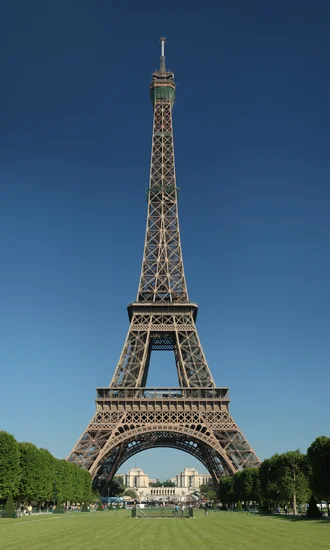
A significant fire broke out at the iconic Eiffel Tower, causing damage to the structure’s upper sections. Firefighters worked frantically to contain the blaze and prevent catastrophic damage to the beloved landmark.
The incident temporarily closed the tower to visitors while engineers assessed structural integrity. Restoration efforts began immediately to repair the damage and ensure public safety.
1987 – Daft Punk’s Thomas Bangalter Born

French electronic music pioneer Thomas Bangalter entered the world, destined to revolutionize dance music. His childhood fascination with synthesizers and drum machines shaped his musical vision.
Bangalter would later co-found Daft Punk, one of the most influential electronic music duos in history. Their innovative sound and iconic robot personas transformed popular music forever.
Religious and Social Events on January 3
1962 – Pope John XXIII Excommunicates Fidel Castro
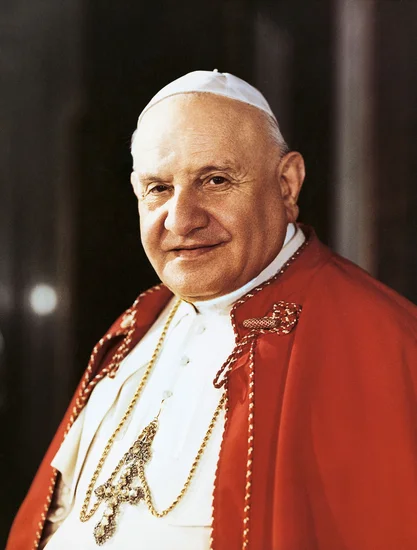
The Vatican took decisive action by excommunicating Cuban leader Fidel Castro from the Catholic Church. Pope John XXIII’s decision reflected growing tensions between the Church and Cuba’s communist government.
The excommunication formalized the Church’s opposition to Castro’s atheistic policies and religious persecution. This spiritual punishment highlighted the ideological conflict between Christianity and communism.
1977 – International Human Rights Covenant Takes Effect
The International Covenant on Economic, Social and Cultural Rights officially came into force worldwide. The United Nations treaty established binding obligations for member nations to protect fundamental human rights.
This landmark agreement codified rights to education, healthcare, and adequate living standards. The covenant represented a major advancement in international human rights law.
2015 – Boko Haram Destroys Baga, Nigeria
Boko Haram militants launched a devastating attack on the town of Baga in northeastern Nigeria. The terrorist assault resulted in the complete destruction of the community and approximately 2,000 deaths.
The Baga massacre represented one of the deadliest attacks in Boko Haram’s insurgency campaign. International condemnation followed as the world witnessed the scale of the humanitarian catastrophe.
Business and Economic Events on January 3
1977 – Apple Computer Incorporated
Steve Jobs and Steve Wozniak officially incorporated Apple Computer, laying the foundation for a technology revolution. The small startup began operations with ambitious plans to democratize personal computing.
The company’s incorporation marked the beginning of the personal computer era. Apple’s innovative approach would eventually transform multiple industries and create unprecedented shareholder value.
1949 – Philippines Central Bank Established
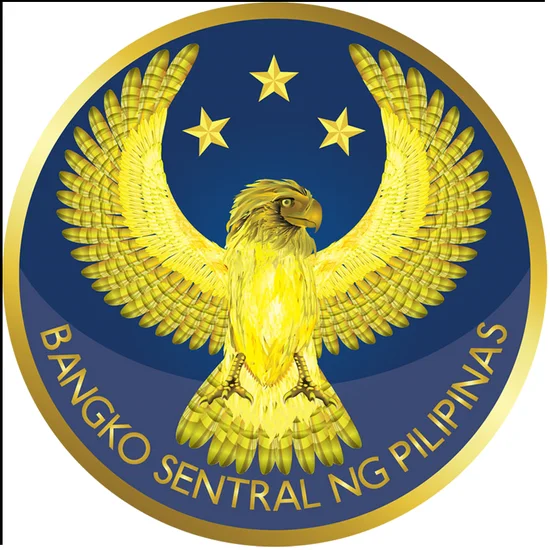
The Bangko Sentral ng Pilipinas officially commenced operations as the Philippines’ central bank. The institution assumed responsibility for monetary policy and financial system stability.
The central bank’s establishment marked a crucial step in the Philippines’ post-independence economic development. The institution would play a vital role in managing the nation’s currency and banking sector.
1975 – Conrad Hilton Dies
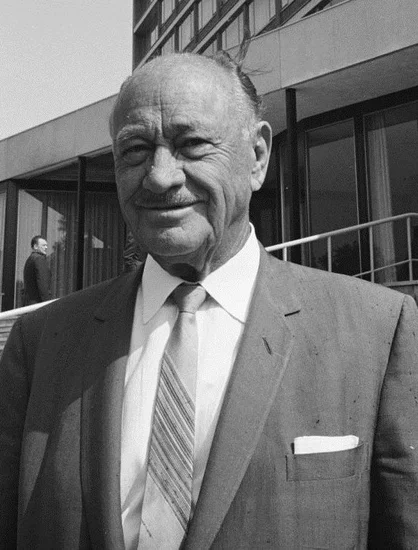
Hotel industry pioneer Conrad Hilton passed away, leaving behind a global hospitality empire. His innovative approach to hotel management and international expansion revolutionized the travel industry.
Hilton’s legacy included the creation of the world’s first international hotel chain. His business model influenced generations of hospitality entrepreneurs and shaped modern tourism.
Transportation and Infrastructure on January 3
1958 – West Indies Federation Formed
The West Indies Federation officially united ten British Caribbean territories into a single political entity. The federation aimed to coordinate regional development and prepare for eventual independence.
The ambitious project sought to create economic integration and shared governance across the Caribbean islands. However, internal disagreements would ultimately lead to the federation’s dissolution within four years.
2018 – Netherlands Storm Surge Gates Closed
For the first time in history, all five major storm surge gates in the Netherlands closed simultaneously during a severe storm. The coordinated response demonstrated the effectiveness of Dutch flood protection infrastructure.
The Delta Works system successfully protected millions of residents from potentially catastrophic flooding. This engineering marvel showcased how advanced infrastructure could combat natural disasters.
1961 – SL-1 Nuclear Reactor Accident
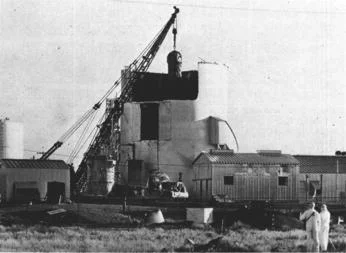
A catastrophic steam explosion destroyed the SL-1 nuclear reactor near Idaho Falls, Idaho. The accident resulted in immediate fatalities, marking the only reactor incident in U.S. history to cause instant deaths.
The tragedy prompted comprehensive safety reviews of nuclear reactor operations nationwide. The incident highlighted the importance of rigorous safety protocols in nuclear energy development.
Sports and Recreation on January 3
1947 – George Woolf’s Fatal Racing Accident
Popular Canadian American jockey George Woolf suffered a fatal concussion during a racing accident at Santa Anita Park. The beloved rider died the following day from his injuries.
The racing community mourned the loss of one of its most respected figures. The annual George Woolf Memorial Jockey Award was established to honor his memory and contributions to horse racing.
1962 – Basketball Great Cheryl Miller Born

American basketball legend Cheryl Miller was born, destined to revolutionize women’s basketball. Her exceptional athleticism and competitive drive emerged during her youth basketball career.
Miller would later dominate college basketball and lead the U.S. women’s team to Olympic gold. Her achievements helped elevate the profile and popularity of women’s basketball worldwide.
1969 – Formula One Champion Michael Schumacher Born

German racing driver Michael Schumacher entered the world, eventually becoming Formula One’s most successful champion. His childhood karting experiences developed his exceptional driving skills and competitive instincts.
Schumacher would later claim seven Formula One world championships and 91 Grand Prix victories. His racing achievements established him as one of the greatest drivers in motorsport history.
Notable Births on January 3
1929 – Sergio Leone Born
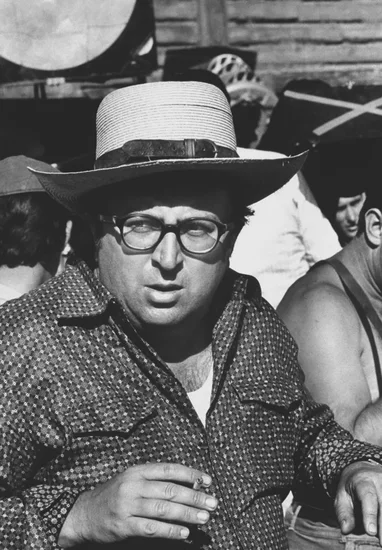
Italian filmmaker Sergio Leone was born, destined to revolutionize Western cinema with his distinctive visual style. His childhood fascination with American Western films shaped his artistic vision.
Leone would later direct iconic “Spaghetti Westerns” including “The Good, the Bad and the Ugly.” His innovative cinematography and musical collaborations redefined the Western genre forever.
1956 – Mel Gibson Born
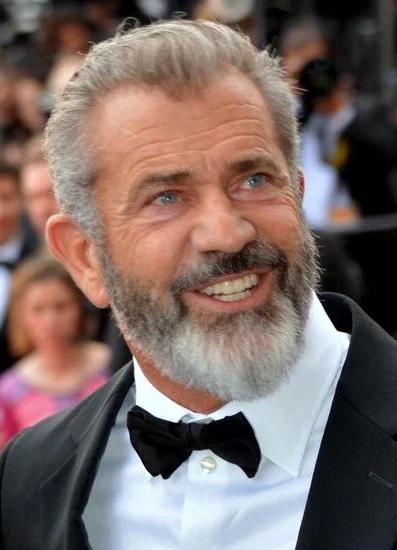
American-Australian actor and director Mel Gibson entered the world, launching a remarkable entertainment career. His early exposure to both American and Australian cultures influenced his artistic development.
Gibson would achieve international stardom through action films and historical epics. His directorial work earned critical acclaim and demonstrated his versatility behind the camera.
1901 – Ngô Đình Diệm Born
Vietnamese political leader Ngô Đình Diệm was born, destined to become South Vietnam’s first president. His Catholic faith and nationalist convictions shaped his political philosophy.
Diệm would later lead South Vietnam during the early years of the Vietnam War. His controversial presidency ended with his assassination in 1963.
1892 – J.R.R. Tolkien Born
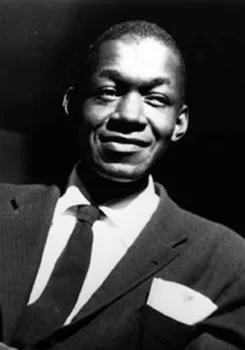
English author J.R.R. Tolkien entered the world, eventually creating the most beloved fantasy literature in history. His academic background in linguistics influenced his fictional world-building.
Tolkien would later write “The Lord of the Rings” and “The Hobbit,” inspiring generations of readers. His mythological creations established the foundation for modern fantasy literature.
1980 – Eli Manning Born
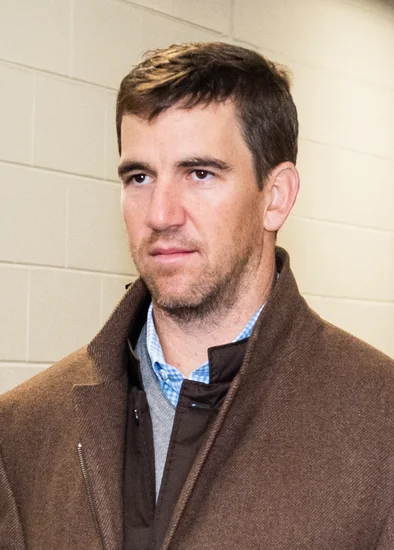
American football quarterback Eli Manning was born into a legendary football family. His father Archie and brother Peyton’s careers provided early inspiration for his athletic development.
Manning would later lead the New York Giants to two Super Bowl victories. His playoff performances against the undefeated Patriots established his legacy as a clutch performer.
2003 – Greta Thunberg Born

Swedish environmental activist Greta Thunberg was born, destined to become a global climate change advocate. Her early awareness of environmental issues shaped her future activism.
Thunberg would later inspire millions of young people to demand climate action. Her powerful speeches and school strike movement transformed environmental activism worldwide.
Notable Deaths on January 3
1967 – Jack Ruby Dies
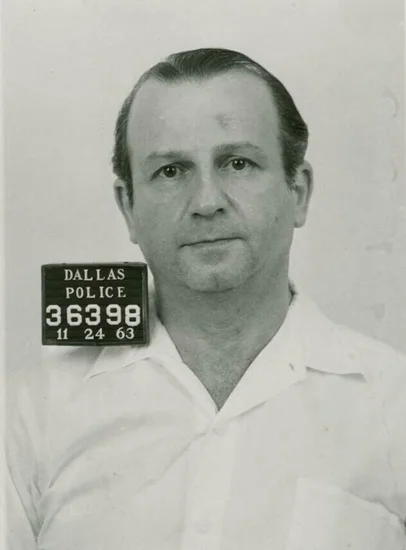
Jack Ruby, the nightclub owner who killed Lee Harvey Oswald, died from cancer in Dallas. His controversial actions following President Kennedy’s assassination sparked decades of conspiracy theories.
Ruby’s death occurred while awaiting retrial for Oswald’s murder. His motivations for killing Kennedy’s alleged assassin remained disputed until his final moments.
1931 – Joseph Joffre Dies
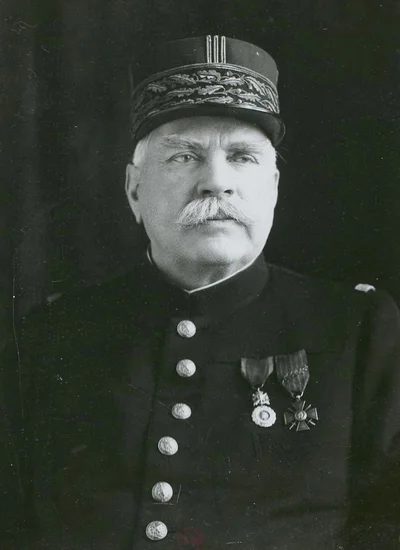
French Marshal Joseph Joffre passed away, ending the life of World War I’s most celebrated military commander. His strategic leadership during the Battle of the Marne saved France from German invasion.
Joffre’s defensive tactics halted the German advance toward Paris in 1914. His military genius earned him international recognition as the “Hero of the Marne.”
1945 – Edgar Cayce Dies
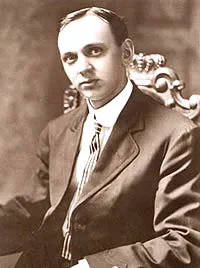
American psychic Edgar Cayce died, concluding a lifetime of controversial supernatural claims and healing practices. His alleged psychic readings attracted thousands of followers seeking spiritual guidance.
Cayce’s predictions and medical diagnoses made him famous throughout America. His legacy continued through the Association for Research and Enlightenment he founded.
1992 – Judith Anderson Dies
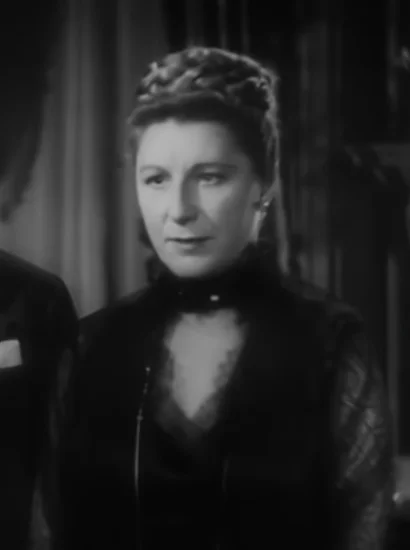
Australian actress Judith Anderson passed away, ending a distinguished career spanning stage and screen. Her powerful performances in classical theater earned international acclaim.
Anderson’s portrayal of Lady Macbeth and other dramatic roles established her as one of theater’s greatest performers. Her film work included memorable supporting roles in major Hollywood productions.
1979 – Conrad Hilton Dies
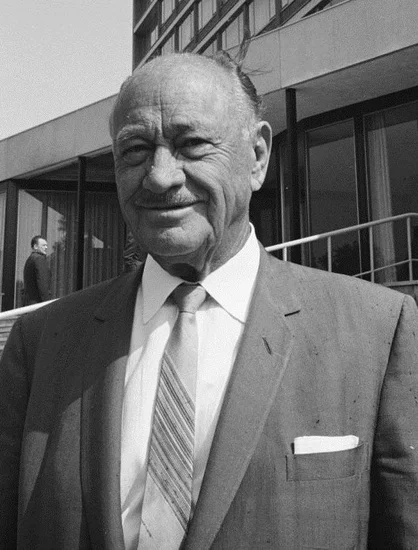
Hotel magnate Conrad Hilton passed away, leaving behind a global hospitality empire. His innovative approach to hotel management revolutionized the travel and tourism industry.
Hilton’s business empire included hundreds of hotels worldwide. His entrepreneurial success made him one of America’s most successful business leaders.
Holidays and Observances on January 3
Christian Feast Days
Christian churches worldwide observe multiple feast days on January 3, including celebrations of Saint Genevieve and the Holy Name of Jesus. These religious observances hold special significance for Catholic and Orthodox communities.
The feast of Saint Genevieve honors the patron saint of Paris, while the Holy Name of Jesus celebrates Christ’s divine identity. Eastern Orthodox churches follow their liturgical calendar for January 3 observances.
Tamaseseri Festival

The Hakozaki Shrine in Fukuoka, Japan, hosts the traditional Tamaseseri Festival on this date. This ancient Shinto ritual involves young men competing to catch a sacred wooden ball.
The festival represents prayers for good fortune and prosperity in the coming year. Participants believe that catching the sacred ball brings special blessings to their community.
Twelfth Day of Christmas
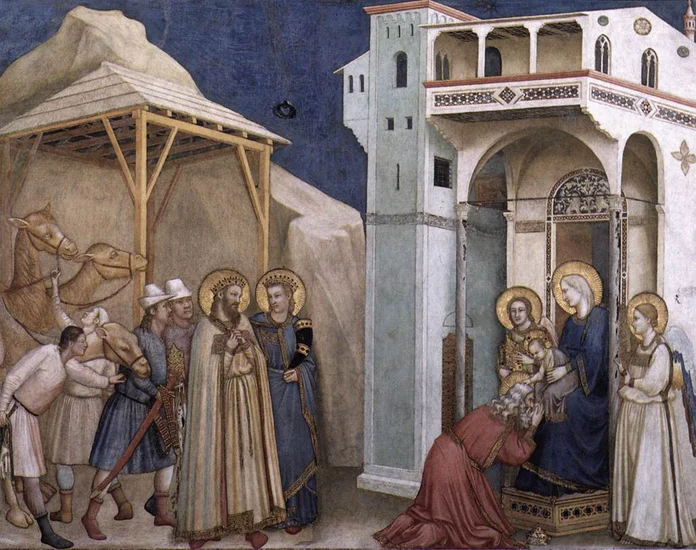
Western Christianity observes the tenth day of the traditional Twelve Days of Christmas celebration. This period extends from Christmas Day through Epiphany, marking the birth and manifestation of Christ.
The continuing Christmas season includes various religious observances and cultural traditions. Many Christian communities maintain special liturgical practices throughout this sacred period.
